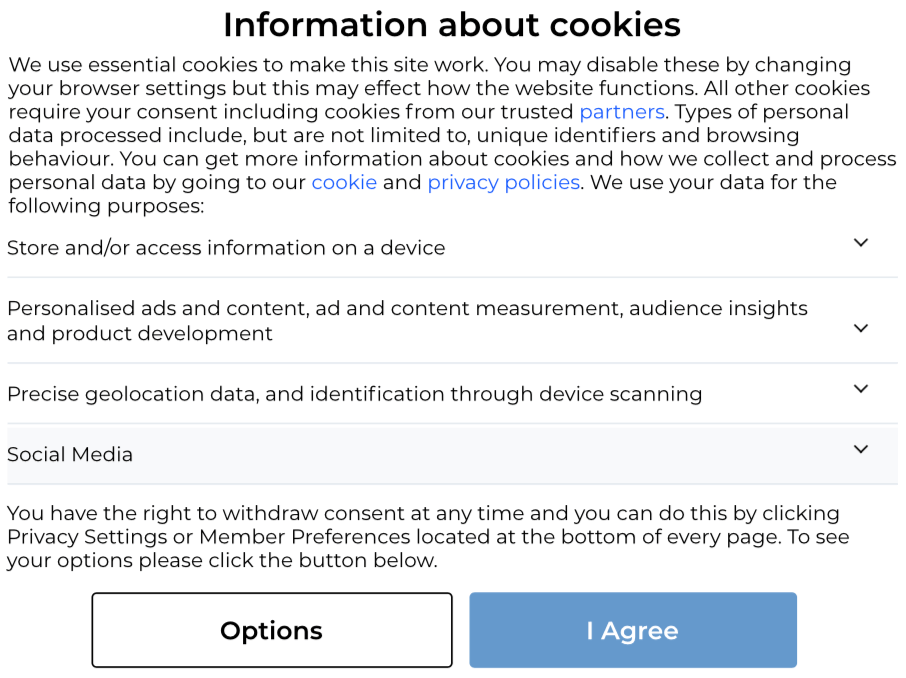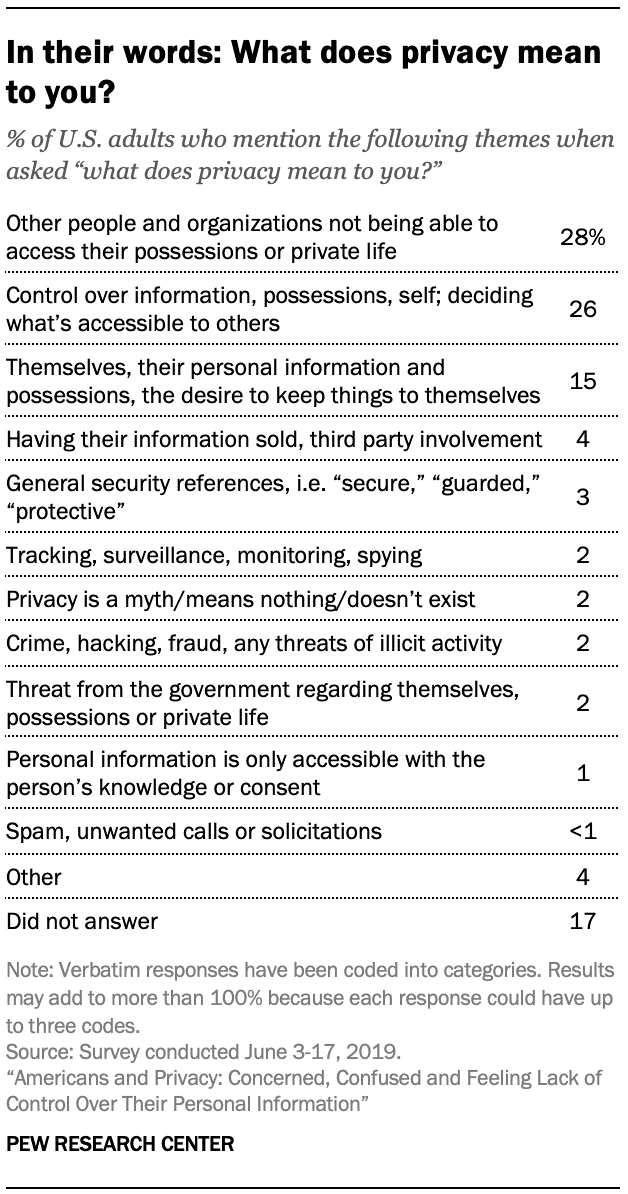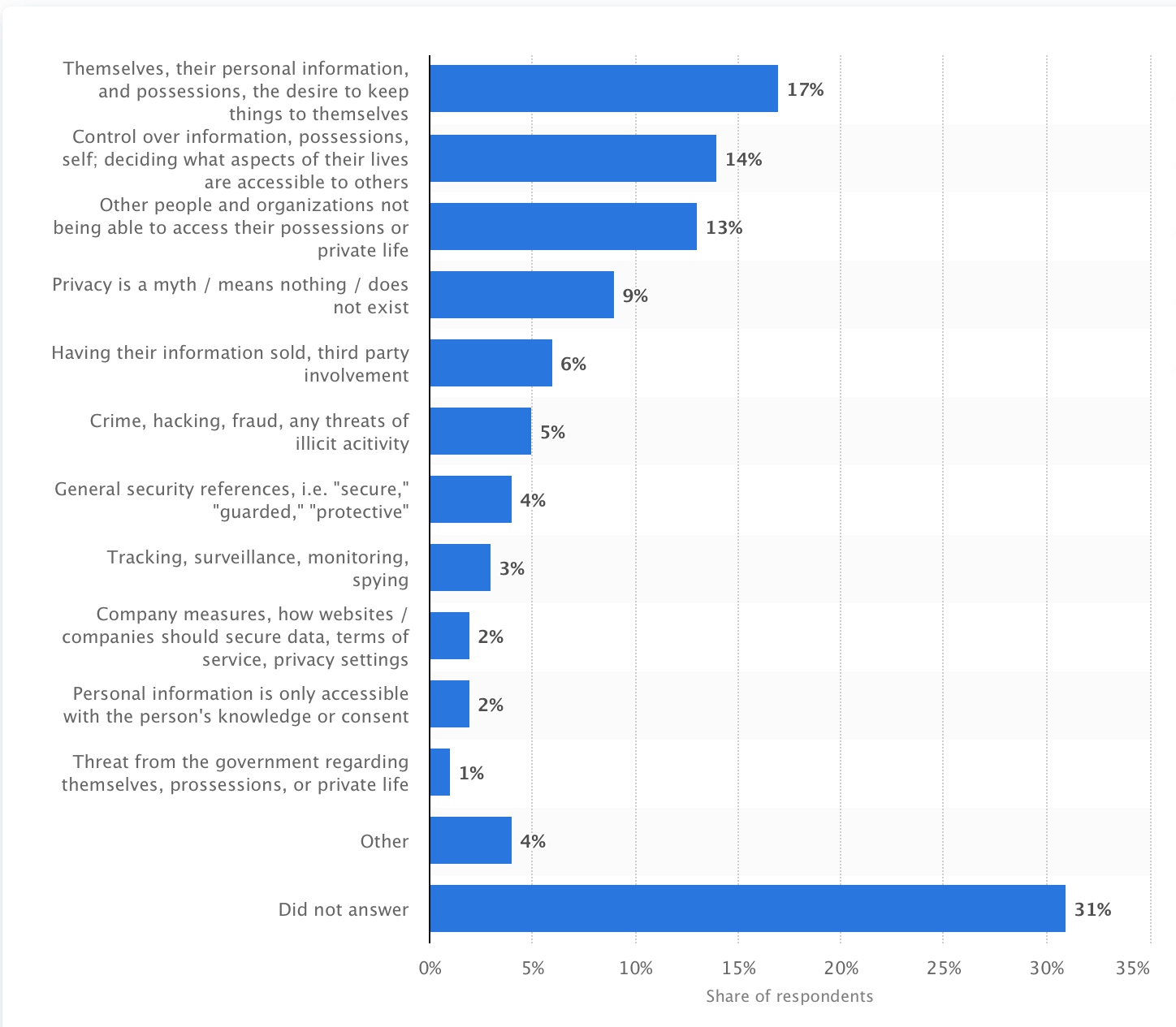Contents:
As Blade Runner-esque as it may sound, we now find ourselves in the year 2021. Once the stuff of science-fiction, we’ve now waded into the strange neon-lit scape of the 2020s that look like a scene out of Tron. Or have we? Well, not really. The truth is, the world at a glance isn’t like that, yet. Still, let’s compare today to ten years ago (which really is not that far back), things have changed -especially our relationship with technology, and our reliance on it.
The evolution of technological innovation, the speed of data, transactions, communication and our growing symbiosis with technology -are a very different ball game today. We’re surrounded by ever present devices that prompted the industry to prioritize smartphones, 5G and the Internet-of-Things (IoT) industry. We’ll be looking into what this new internet world means for your online presence, and why you need to protect your anonymity.
Our Old Friend, The Internet?

Image source: Dragon Images/Shutterstock.com.
Call it what you will; the World Wide Web, the internet, or cyberspace -this ubiquitous communications system that billions of us access daily has been growing along with us. The internet is alive, like an enormous rainforest. With constant transitions, innovation, and evolution, our habits and ultimately how we think has adapted to the internet.
What we really didn’t expect is that our lives now revolve around sitting in our (hopefully) comfy chairs facing our screens, waking up every morning in our homes, and checking e.g. our email/messaging apps to catch up and organize our day. With office commutes, business meetings, and team-building lunches in the physical sense now in the past, it’s a different world -one where the Covid-19 pandemic has paused all of humankind’s usual facilities. We are now working and socializing from home in stasis, isolated from our fellow humans; trusting the internet and our devices to support, sustain and entertain us. So, what are the implications of all of this on your online presence?
Why is Online Anonymity Such a Hot Topic?
Since our relationship with the internet has never been as intimate, internet safety has been the number one concern under the spotlight. Why? Well, the 2010s have been the decade of rising cybercrime. As everything became more digitized (governments and businesses relying on the internet) cybercriminals are now everywhere as a result looking to steal and increase their profits. Not only that, but our data is being shared without our consent (remember the Edward Snowden case?). With that, our trust in the internet is not what it once was and the need to be ever more anonymous and safe on the internet is universally acknowledged.
Anonymity and privacy are blanket terms that are interrelated. Both relate to the general umbrella term that is internet safety (cybersecurity). The difference is that anonymity specifically means you and your data cannot be correlated, and you do not exist. Whereas, privacy is more content related. However, since we are going to look at how to stay anonymous online, here are some fundamentals to cover:
- Using tools that ensure internet anonymity
- Email security with proper encryption
- Browser security on your devices
- Smartphone settings that result in anonymity
- Tips for your other internet-enabled devices
- Diagnosing and testing your online anonymity
- General safety practices on the internet
Why should we pay attention to being anonymous online? For one, your personal safety, and two: access to your data. There have been many large data breaches recently that involved state-of-the-art ransomware. Hackers have even disrupted the medical industry. These events on their own are worrying, but what about security for the everyday individual? Listed below are only some of the social engineering tactics cybercriminals used to target people;
- Identity theft and account breaches on social media platforms
- Malicious phishing emails with the end goal of stealing sensitive data
- Social engineering schemes designed to gain people’s trust and then exploit them
Other than just social engineering tactics, cybercriminals are always on the lookout for;
- Financial data such as usernames, passwords, and passkeys
- Login information for your email or social media
- Your personal details, from your name to your address
There are situations where anonymity should be prioritized. Let’s think about people with sensitive medical conditions or activists, for example, who risk losing a lot if their anonymity is breached. So, you aren’t focusing on your anonymity exclusively due to cybercrime.
You should also know that your personal information (such as what you are browsing, your IP address, and the specifications of your PC) is also stored to be used or sold by;
- Ad companies
- Your Internet Service Provider (ISP)
- Tech giants such as Google or Facebook
It is no secret that ‘third-parties’ are buying and selling data (like cookies) either from the big tech companies or just by pestering you with ads all the time (that can contain malicious code). Think about this, we live in the ‘ad age’. You can no longer watch a YouTube video without ads. Even still, have you noticed that most times you visit a website you have to agree to some tedious privacy setting concerning your cookies? More and more websites are taking precautions not to fall into ‘privacy’ loophole scandals.

Example of a cookie consent form.
The Public Opinion
Let’s look at what people think about the need and desire to stay anonymous online. There are some telling research results below, conducted by Pew Research and Statista.

Image taken from www.pewresearch.org.
In the research summed up in the image above, Pew Research asked people what they think about the word, ‘privacy’. What we can see from this is that the number one concern is indeed what “others” are able to access or see -underlining the growing need for anonymity.

Screenshot of an infographic from Statista research.
In the image above, participants were asked: “What does digital privacy mean to you?”. Once again, the number one (and number two) concern is about personal information privacy and what “aspects” of their lives are “accessible” to others. Interestingly, a large majority (31%) of participants preferred not to answer (which is also telling of how sensitive this subject is, to the extent that perhaps people are afraid to give an honest answer).
The Best Ways to Stay Anonymous Online and Ensure Your Privacy
Yes, anonymity today is important, and trust in the internet has fallen. Let’s remember that being 100% anonymous is very difficult, and most people will not require this level of security. All of this anonymity and privacy talk could make you feel a little paranoid, very spy-film-esque, but anonymity nowadays really is necessary, if anything for the simple human right that your data should be yours, and you should decide what happens to it.
So, what exactly can be done to reduce your digital footprint online? The following;
- Always use a legitimate Virtual Private Network, or VPN on all devices
- Give your wifi router at home a good, complex password
- Check app permissions on your smartphone
- If you use cloud storage services, opt for zero-knowledge backed software
- Use a security-oriented web browser on all devices
- Use encrypted messaging services
- Secure your IoT devices
- Never input or share sensitive data online if you don’t have to
- Do not connect to public Wi-Fi, if you must, use a VPN (or avoid it and use mobile data coupled with a VPN)
VPN
A Virtual Private Network, or a VPN in short, acts as a middleman between you and the rest of the internet. It is worth having a VPN just for the anonymity benefits, and you can virtually mask your connection via any location in the world, while others cannot interpret your data. In this case, it is very important to choose a trustworthy VPN provider with a no-log policy and grab a premium subscription. Use responsibly, of course.
MESSAGING
There are a host of secure messaging apps (Like Signal) out there that focus on making you ‘anonymous’. Because data sharing practices have been changed by big tech companies, you could benefit from downloading one of these ‘secure’ messaging apps for anonymity’s sake.
Hundreds of millions of people use Gmail, it is the norm. However, if you want that extra step of anonymity, it is worth downloading a secure email client, that follows up with high-level encryption, a zero-knowledge backed storage policy, and an honest privacy policy.
SMARTPHONE
Whether you have an Android or iOS device on your smartphone, always dive deep into the settings and switch off options that include the words ‘diagnostics’, ‘advertising’, ‘location info’, ‘GPS location’ (with the feature that locates your phone if lost an exception). Also, make sure that you have the ‘encryption’ options turned on at all junctures, and make your passwords long and complex, if possible. Finally, really think about what permissions you are giving your apps and your phone itself (and your microphone and camera).
BROWSER
In terms of browser security, you want to download a security-oriented browser that has good ad-blocking and ‘anonymity’ features. If you want to go all out though, download a browser such as Tor that is famous for its anonymity effects.
Finally, once you have the boxes ticked, it is a good idea to test your level of anonymity online by visiting diagnostics pages that test for any ‘leaks’ and offer further suggestions.
About the Authors:
Mirza Silajdzic
Tech researcher & communications specialist for https://vpnoverview.com/
David Janssen
Founder & cybersecurity analyst for https://vpnoverview.com/










 Network Security
Network Security
 Vulnerability Management
Vulnerability Management
 Privileged Access Management
Privileged Access Management  Endpoint Security
Endpoint Security
 Threat Hunting
Threat Hunting
 Unified Endpoint Management
Unified Endpoint Management
 Email & Collaboration Security
Email & Collaboration Security







